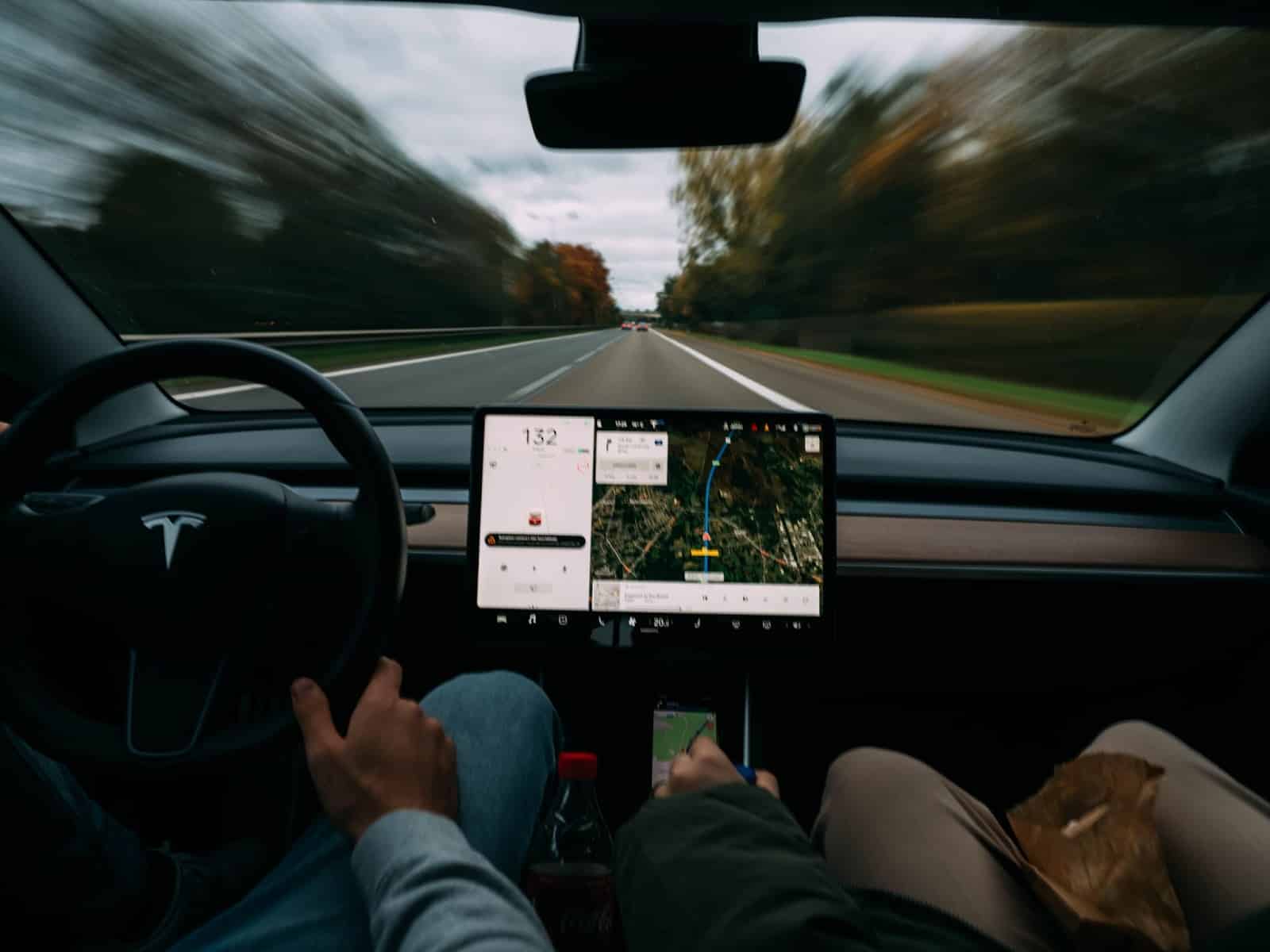In our fast-paced world, navigation has become an integral part of our daily lives. Whether it’s for driving, hiking, or even locating a nearby restaurant, knowing where we are and how to reach our destination efficiently is crucial. Gone are the days of relying solely on paper maps and compasses; the advent of Global Positioning System (GPS) technology has revolutionized the way we navigate.
This article delves into the significance of GPS in modern navigation and how this groundbreaking technology has transformed the way we explore the world around us.
Unraveling the Mysteries of GPS Technology
GPS, originally developed for military purposes, has now become an indispensable tool for civilian navigation worldwide. The system consists of a network of satellites orbiting the Earth, constantly transmitting signals that are picked up by GPS receivers in our smartphones, cars, and other navigation devices. These receivers then triangulate the data from multiple satellites to pinpoint our exact location in real-time. The strength of GPS lies in its accuracy, which has significantly improved over the years, enabling precision within just a few meters.
Enhancing Safety and Efficiency in Transportation
The integration of GPS in vehicles has revolutionized the way we travel, ensuring enhanced safety and efficiency on the roads. With real-time updates on traffic conditions, accidents, and road closures, GPS navigation systems and vehicle tracking solutions help drivers make informed decisions to avoid congestion and delays. Moreover, it enables emergency services to respond swiftly in the event of accidents, saving precious time and lives. For commercial purposes, GPS has optimized fleet management, leading to reduced fuel consumption, better route planning, and increased overall productivity.
Furthermore, GPS has brought a new dimension to aviation, allowing pilots to navigate accurately even in adverse weather conditions. It has significantly contributed to safer flights, shorter travel times, and improved fuel efficiency. In maritime navigation, GPS aids ships and boats in navigating through vast oceans with precision, reducing the risk of collisions and ensuring smoother voyages.
Empowering Outdoor Exploration and Adventure
With handheld GPS devices, adventurers can accurately track their routes, mark waypoints, and retrace their steps with ease, ensuring a safer and more enjoyable experience. GPS-enabled wearables also offer fitness enthusiasts accurate data on their activities, helping them set and achieve personal goals effectively.
Moreover, geocaching, a popular recreational activity akin to modern-day treasure hunting, relies heavily on GPS technology. Enthusiasts use GPS coordinates to locate hidden caches worldwide, promoting exploration and community engagement. GPS has also played a significant role in scientific research, aiding cartographers and surveyors in accurately mapping and measuring the Earth’s surface, and contributing to valuable data for environmental studies and urban planning.
Revolutionizing Location-Based Services and Geo-Targeted Marketing
GPS has paved the way for the rise of location-based services and geo-targeted marketing, transforming how businesses interact with their customers. Location-based apps, like ride-sharing services, food delivery platforms, and travel guides, leverage GPS technology to offer personalized experiences based on the user’s current location. This convenience not only enhances customer satisfaction but also increases businesses’ efficiency and profitability.
Geo-targeted marketing takes advantage of GPS data to deliver tailored advertisements and promotions to users based on their real-time location. This approach ensures that businesses reach their target audience with relevant offers, leading to higher engagement and conversion rates. For example, when walking past a retail store, users may receive notifications about ongoing sales, enticing them to step inside and make a purchase. GPS-powered location services have revolutionized the marketing landscape, making it more dynamic, effective, and customer-centric.
Supporting Disaster Management and Humanitarian Efforts
In times of crisis and natural disasters, GPS technology plays a critical role in coordinating emergency responses and relief efforts. From earthquake monitoring to tracking hurricanes, GPS aids in accurately assessing the impact and providing timely updates to authorities. Rescue teams utilize GPS devices to navigate through challenging terrains and locate survivors, improving the efficiency of search and rescue operations.
Humanitarian organizations also rely on GPS for delivering aid and supplies to affected regions. Precise location data allows aid workers to identify areas in need and distribute resources strategically. Additionally, GPS technology helps in monitoring disease outbreaks, enabling health authorities to track the spread of illnesses and respond promptly with containment measures. By supporting disaster management and humanitarian efforts, GPS demonstrates its significance beyond everyday navigation and proves itself to be a valuable tool for global crisis management.
Safeguarding Wildlife and Preserving Biodiversity
The use of GPS technology extends beyond human navigation; it has also become an essential tool in wildlife conservation and preserving biodiversity. Researchers and wildlife biologists use GPS tracking collars and tags to monitor animal movements and behavior. This valuable data helps in understanding migration patterns, foraging habits, and territorial ranges of various species.
By analyzing the gathered information, conservationists can design more effective strategies to protect endangered species and their habitats. Furthermore, GPS technology enables the creation of virtual boundaries and protected areas, limiting human intrusion into sensitive ecosystems. This way, GPS technology not only aids in safeguarding wildlife but also contributes to maintaining ecological balance and preserving biodiversity for future generations.
GPS technology’s importance in modern navigation reaches far beyond guiding us from point A to point B. Its impact extends into various aspects of our lives, enhancing safety, efficiency, and convenience in transportation, supporting emergency responses during disasters, and empowering outdoor exploration and adventure. Moreover, GPS revolutionizes location-based services and marketing, allowing businesses to offer personalized experiences and targeted promotions.
Furthermore, GPS technology plays a pivotal role in wildlife conservation, aiding researchers and conservationists in preserving biodiversity and understanding animal behaviors. As we continue to embrace advancements in GPS technology, we can expect further innovations and applications that will shape our world in ways we cannot yet foresee. From enhancing our daily lives to contributing to global initiatives, GPS remains a cornerstone of modern navigation, fostering a more connected and informed society.
